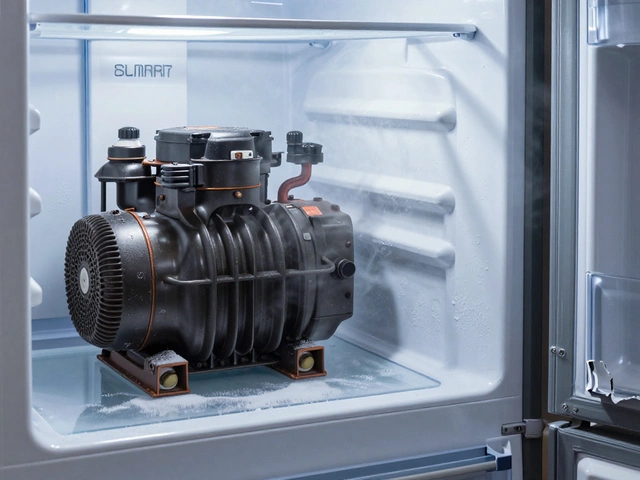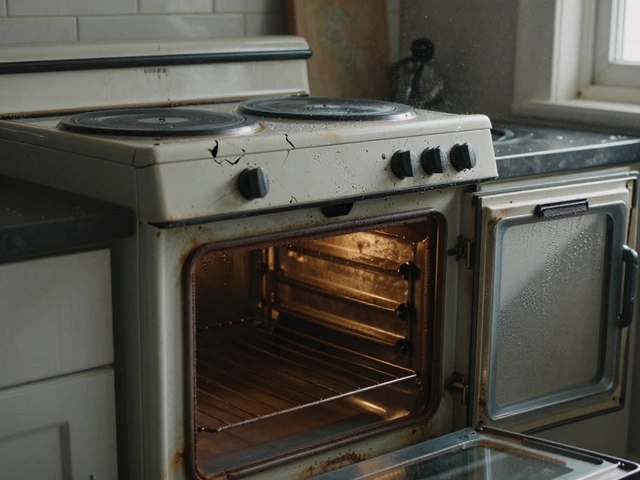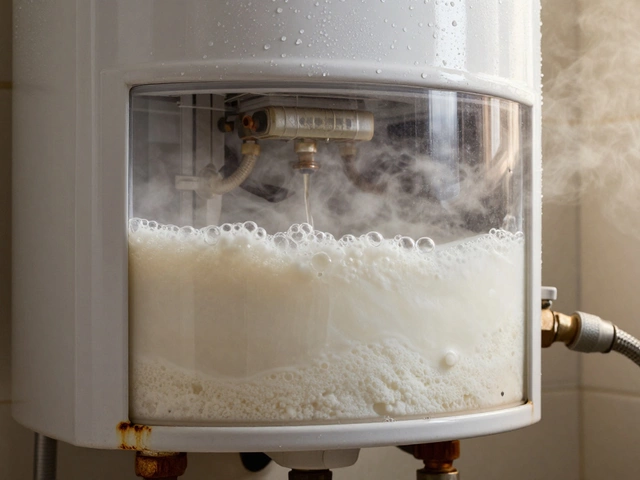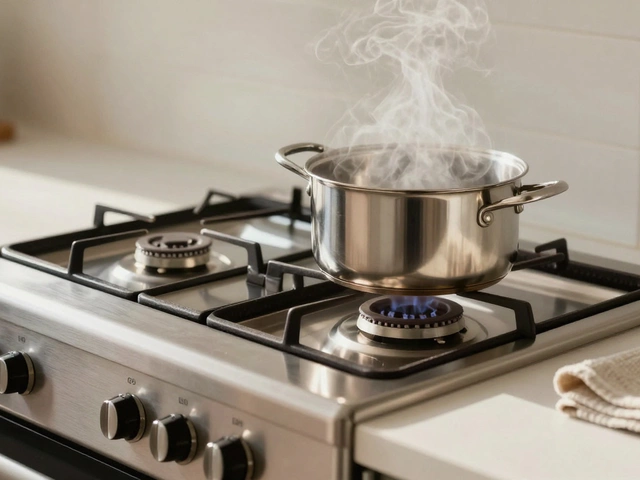Hot Water Maintenance: Simple Steps for Reliable Hot Water
Everyone hates a cold shower in the middle of the morning. The good news is that most water‑heater problems can be avoided with a little regular care. A solid hot water maintenance routine keeps your heater efficient, saves you money on energy bills, and stretches the unit’s lifespan from a few years to a decade or more.
Monthly DIY Checks You Can Do Yourself
Start by testing the reset button. When the heater trips, press and hold the button for about 30 seconds, then release. If it trips again within a few minutes, there’s likely a deeper issue such as a faulty thermostat or sediment buildup.
Next, check the temperature setting. Aim for 120°F (49°C). Anything higher wastes energy and can cause scalding, while a lower setting may not provide enough hot water for daily needs.
Flushing the tank every six months removes mineral deposits that act like insulation, forcing the heater to work harder. Turn off power or gas, attach a garden hose to the drain valve, and let the water run until it’s clear. This quick step prevents rust and keeps heating elements clean.
Inspect the anode rod (the metal stick that protects the tank from corrosion) at least once a year. If it’s more than 50% worn, replace it. A healthy rod can add 5–10 years to a tank‑type heater’s life.
Don’t forget the pressure‑relief valve. Lift the test lever briefly; you should see a burst of water. If it leaks or doesn’t release, the valve needs replacement – a safety issue you don’t want to ignore.
When to Call a Professional
If you notice any of these signs, it’s time to call a pro: strange noises (rumbling or popping), water that’s consistently lukewarm, leaks around the base, or a sudden spike in energy bills. These symptoms often point to serious internal damage that DIY fixes can’t solve.
Professional servicing includes a thorough inspection of the burner, heat exchanger, and electrical connections. A qualified tech can also perform a combustion analysis on gas units, ensuring safe carbon‑monoxide levels.
Annual service contracts are worth considering if you have multiple appliances that need regular attention. They usually cover the reset‑button test, flushing, and safety checks at a fixed price, which can be cheaper than paying for emergency repairs later.
In summary, short, consistent hot water maintenance tasks protect your heater from common failures. Keep a calendar reminder for flushing, inspect the anode rod yearly, test the reset button, and watch for warning signs. When in doubt, trust a certified technician to keep the hot water flowing reliably all year round.
Should You Repair or Replace Your Hot Water Heater?
- Alden Wilder
- Nov 22 2024
- 0 Comments
Deciding whether to repair or replace a hot water heater can be tricky. This comprehensive guide examines the signs that your heater needs attention, the costs involved with repairs versus replacement, and energy efficiency considerations. It also offers practical tips for maintaining your water heater to extend its lifespan. Learn what to expect when calling for help and how to make an informed decision.
View More




